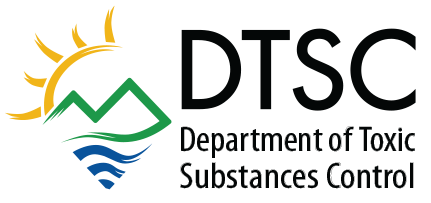News Release
T – 21 – 21
Meredith Williams, Director
FOR IMMEDIATE RELEASE
October 26, 2021
Contact: Sanford (Sandy) Nax
(916) 416-4309
Sanford.Nax@dtsc.ca.gov
California Implements Stricter Oversight of Metal Shredders
SACRAMENTO – In response to ongoing concerns about hazardous waste releases from metal shredders, the state Department of Toxic Substances Control (DTSC) is taking new steps to protect human health, the environment and vulnerable communities from impacts associated with metal shredding operations. These impacts include improper hazardous waste storage, soil contamination, and releases of hazardous waste into surrounding communities.
On Monday, the Office of Administrative Law approved DTSC’s emergency regulations, which clarify California’s definition of scrap metal. Based on this approval, DTSC requires metal shredders to monitor environmental conditions and provide financial assurance to address environmental concerns. Metal shredding facilities that generate and treat metal shredder aggregate will now need to apply for authorization from DTSC to continue those activities.
“After thoroughly researching this issue, we see an urgent need for regulating this industry with a new approach,” DTSC Director Dr. Meredith Williams said. “Every Californian should live and work in a healthy environment. Many of these facilities are in our vulnerable and underserved communities already suffering from a disproportionate amount of pollution. Greater oversight will help reduce this burden and create a better life for all who live, work, and play nearby.”
Monday’s decision is yet another example of how California is prioritizing and leading by example to protect public health and the environment. There is growing national recognition of the potential threat posed by metal shredder facilities. In July 2021, U.S EPA distributed an alert noting that many of these operations may violate the Clean Air Act.
Most scrap metal in California comes from old vehicles, appliances, construction and demolition materials, and manufacturing. Metal shredding facilities process the scrap to separate metals by type and separate out non-metal material.
DTSC conducted a comprehensive analysis of California’s metal shredding industry, documented in this final report released in August. The analysis, initiated by Senate Bill 1249, authored by Senator Jerry Hill, identifies repeated examples of hazardous waste violations – often in communities already burdened by multiple sources of pollution.
DTSC will replace the emergency regulations with permanent regulations developed through public input and the administrative law process. In addition, DTSC has rescinded Official Policy/Procedure 88-6 ( OPP 88-6), which DTSC’s predecessor, the Department of Health Services, issued in 1988 to ensure a consistent regulatory approach to the management and disposal of auto shredder waste. DTSC has determined that the policy is inconsistent with current law.
For more information on the metal shredding industry and DTSC’s regulatory process, please visit dtsc.ca.gov/metal-shredders.
# # #
FOR GENERAL INQUIRIES: Contact the Department of Toxic Substances Control to report illegal handling, discharge, or disposal of hazardous waste, or other environmental concerns using the CalEPA Environmental Complaint System.
DTSC’s Mission is to protect California’s people, communities, and environment from toxic substances, to enhance economic vitality by restoring contaminated land, and to compel manufacturers to make safer consumer products.
